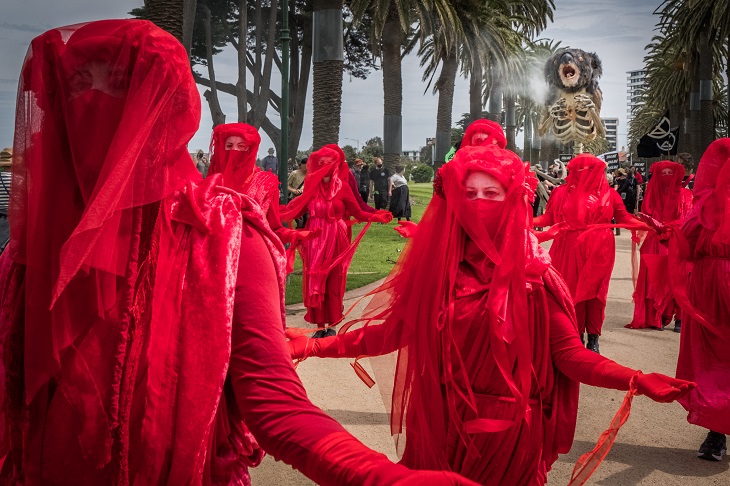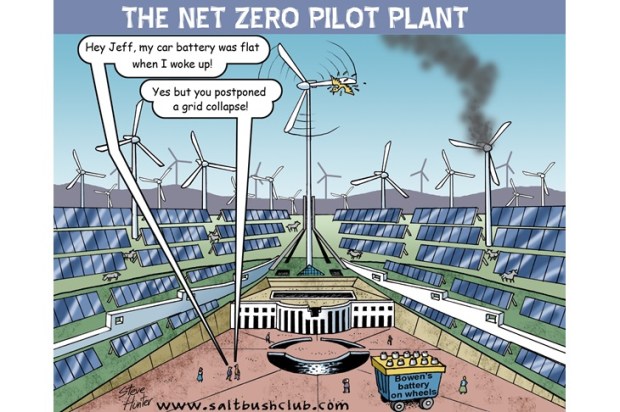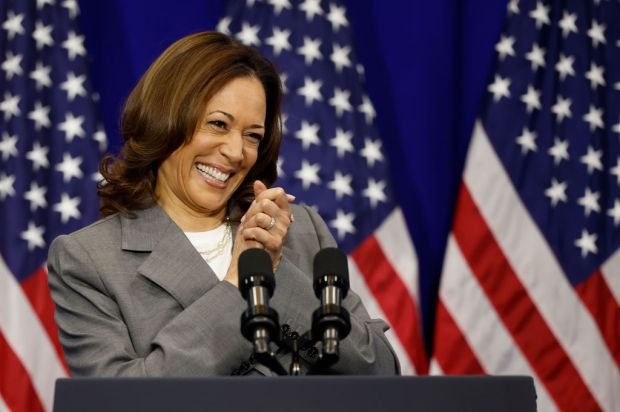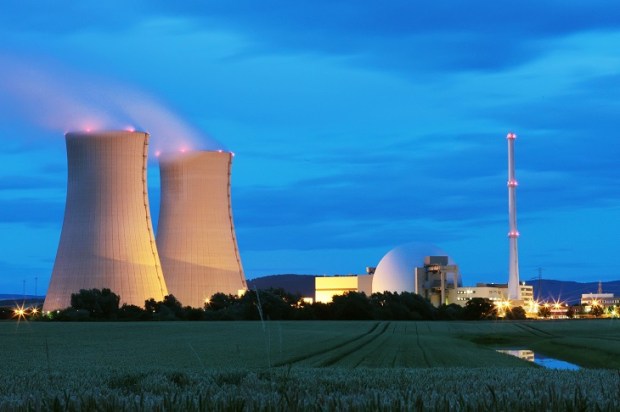The push towards a Net Zero climate policy for Australia jeopardises investment of $200 billion in coal, gas and oil projects currently in development in Australia, with tens of thousands of jobs on the line.
The Australian Greens have sent a dangerous signal to investors by making clear their Net Zero policies involving a moratorium on new coal, gas and oil projects will be the price of any support they provide to a future ALP Government.
Already a subscriber? Log in
Subscribe for just $2 a week
Try a month of The Spectator Australia absolutely free and without commitment. Not only that but – if you choose to continue – you’ll pay just $2 a week for your first year.
- Unlimited access to spectator.com.au and app
- The weekly edition on the Spectator Australia app
- Spectator podcasts and newsletters
- Full access to spectator.co.uk
Or


























Comments
Don't miss out
Join the conversation with other Spectator Australia readers. Subscribe to leave a comment.
SUBSCRIBEAlready a subscriber? Log in